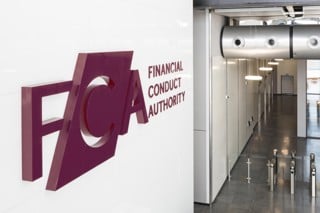It may not be as clear-cut as that in reality, as higher stock turn may mean more preparation and marketing spend. However, the opportunity isn’t solely in the car.
“If you sell more cars, you have more chance to sell more finance, warranties, paint protection, accessories, and you’ll get more part-exchanges in to help to grow your stock,” King added.
Marriott advises a three-stage pricing approach to avoid over-age stock and maximise stock turn and profitability – 20 days at the desired price, followed by 20 days of more competitive pricing and stage three, the next 20 days, is liquidation.
Russell Smith, managing director at the Phoenix Car Company, uses AutoTrader’s i-Control stock management system, which provides cross-group comparisons to back up information he receives from CAP and Glass’s.
Other dealers use Google Analytics to track which cars are attracting the most interest and in what regions, and the freely available Google Universal can pull in a dealer’s sales data to give even more insight.
Quick used car turnaround or profit per unit?
Even with the current resilience in used car values, a car sitting on a forecourt or in a showroom is losing profit from the day it is acquired. Yet a car moved on for a quick sale may not maximise profitability. Dealers have to determine which priority suits them, and plan for the point at which they must cut their losses.
Steve Ferry, Vertu Motors’ sales and marketing director, said: “It pays to always be prepared. We currently price our cars in a balance between CAP and Glassnet Radar and review the competition so that the prices are keen.”
Vertu deems profitability most important for the first 30 days. “But we wouldn’t sell stock at a loss unless it was over 90 days old and we have no chance of selling,” said Ferry.
“After 90 days, the car then goes to auction, which means we take a loss of 90 days.
At rival national dealer group Lookers, chief executive Andy Bruce said: “We had a big discussion recently about whether we should bring it back to 60, but we felt that the market is so stable with residual values that the depreciation isn’t heavy enough to warrant reducing it.”




















David Derbyshire - 15/12/2014 14:43
Whilst I cannot argue the point it is speculative. If the dealership reduced the price by a further £150 and turned the stock 12 times per year the profit would increase even more.I believe your statement offers no more than the basis for discussion, in this you have succeeded